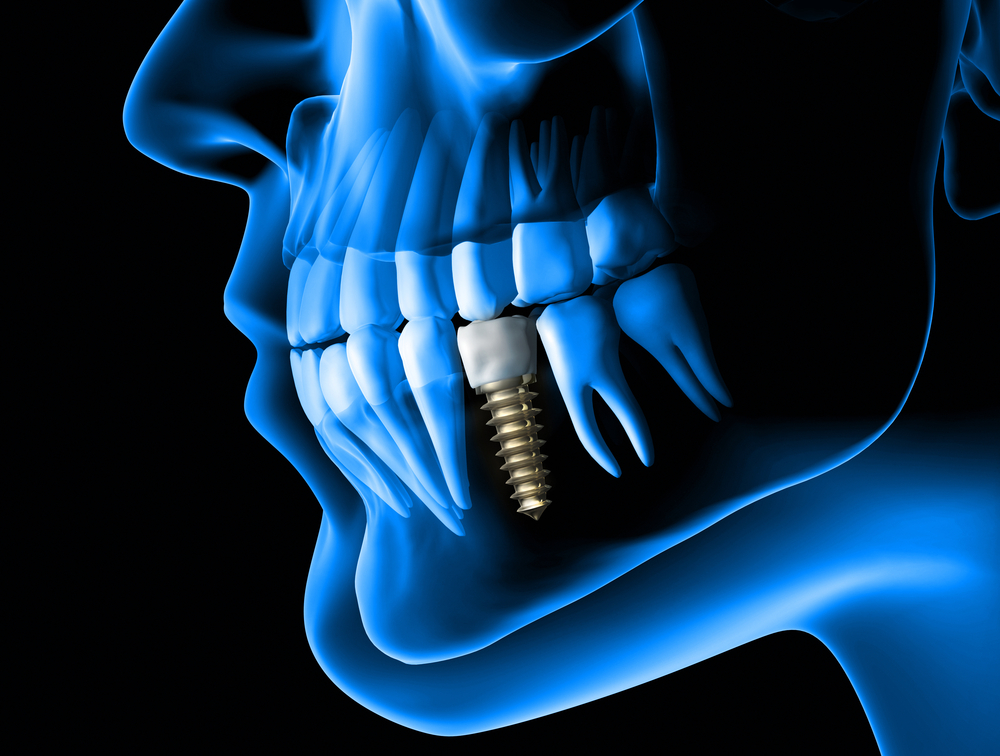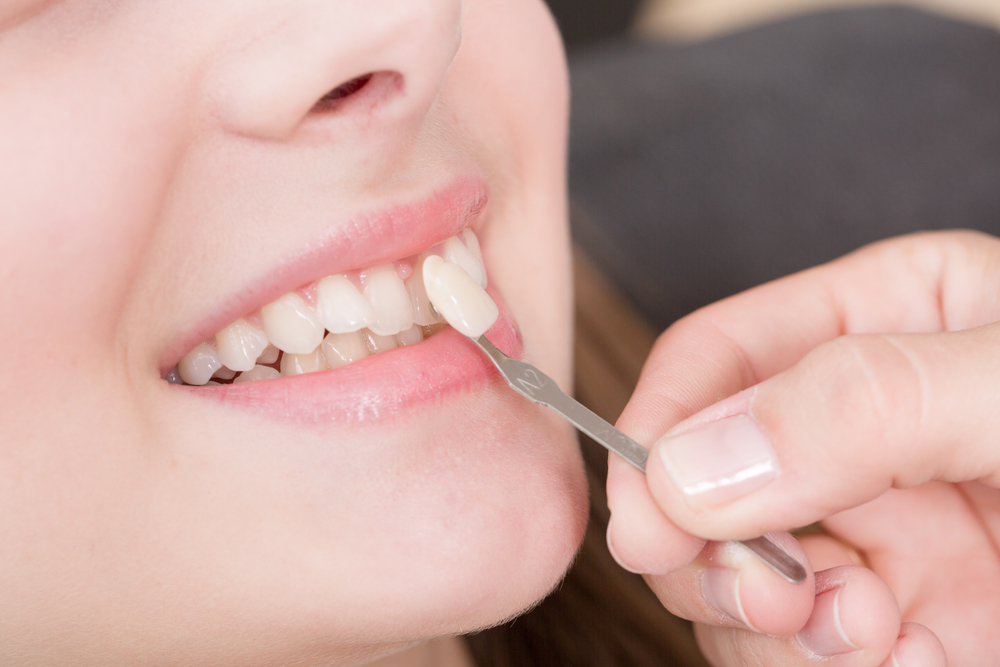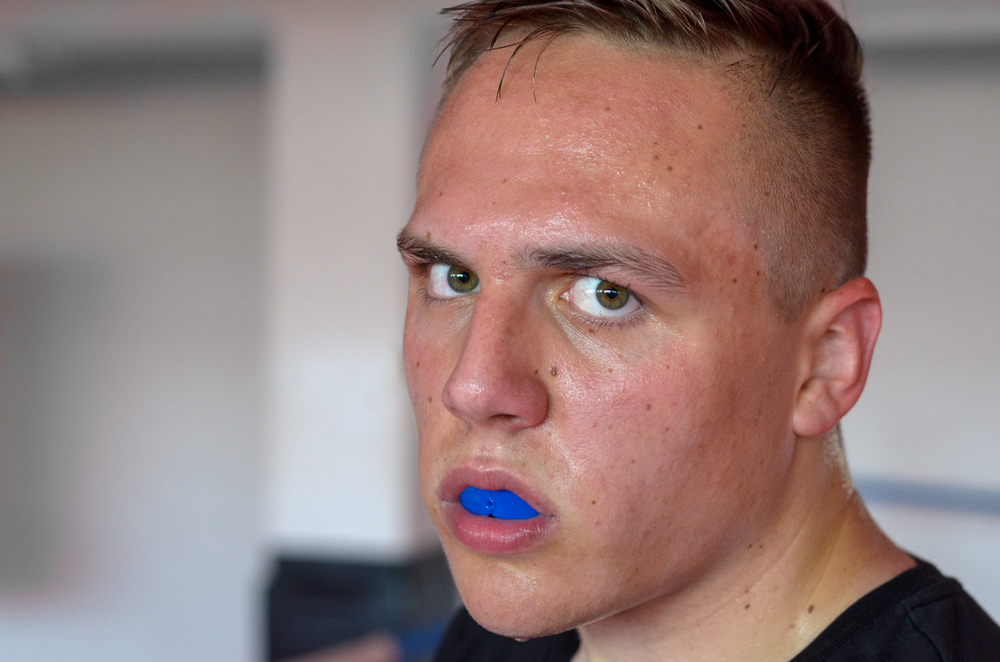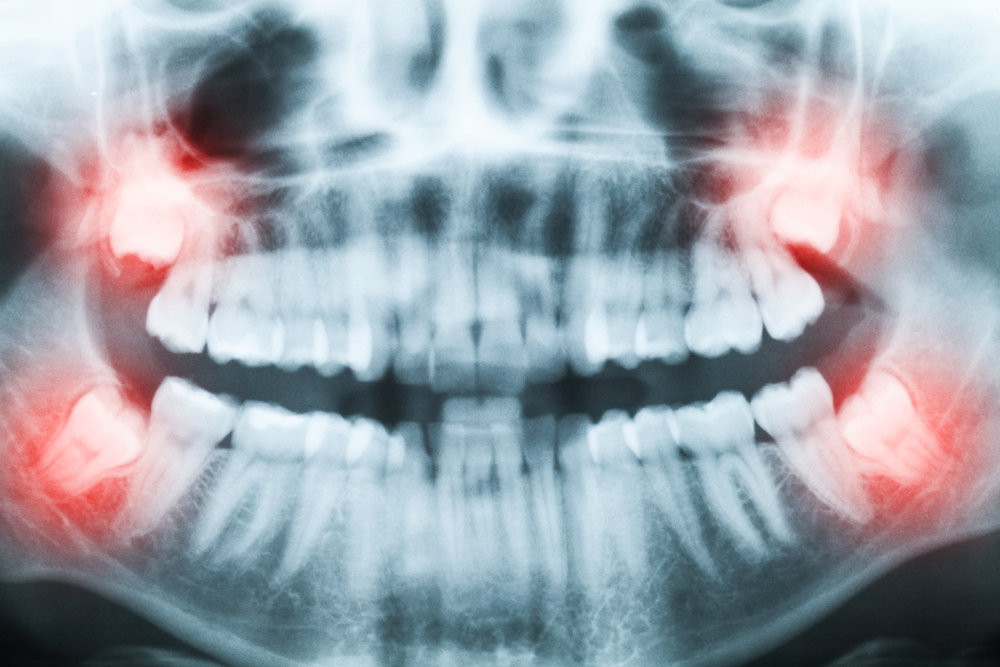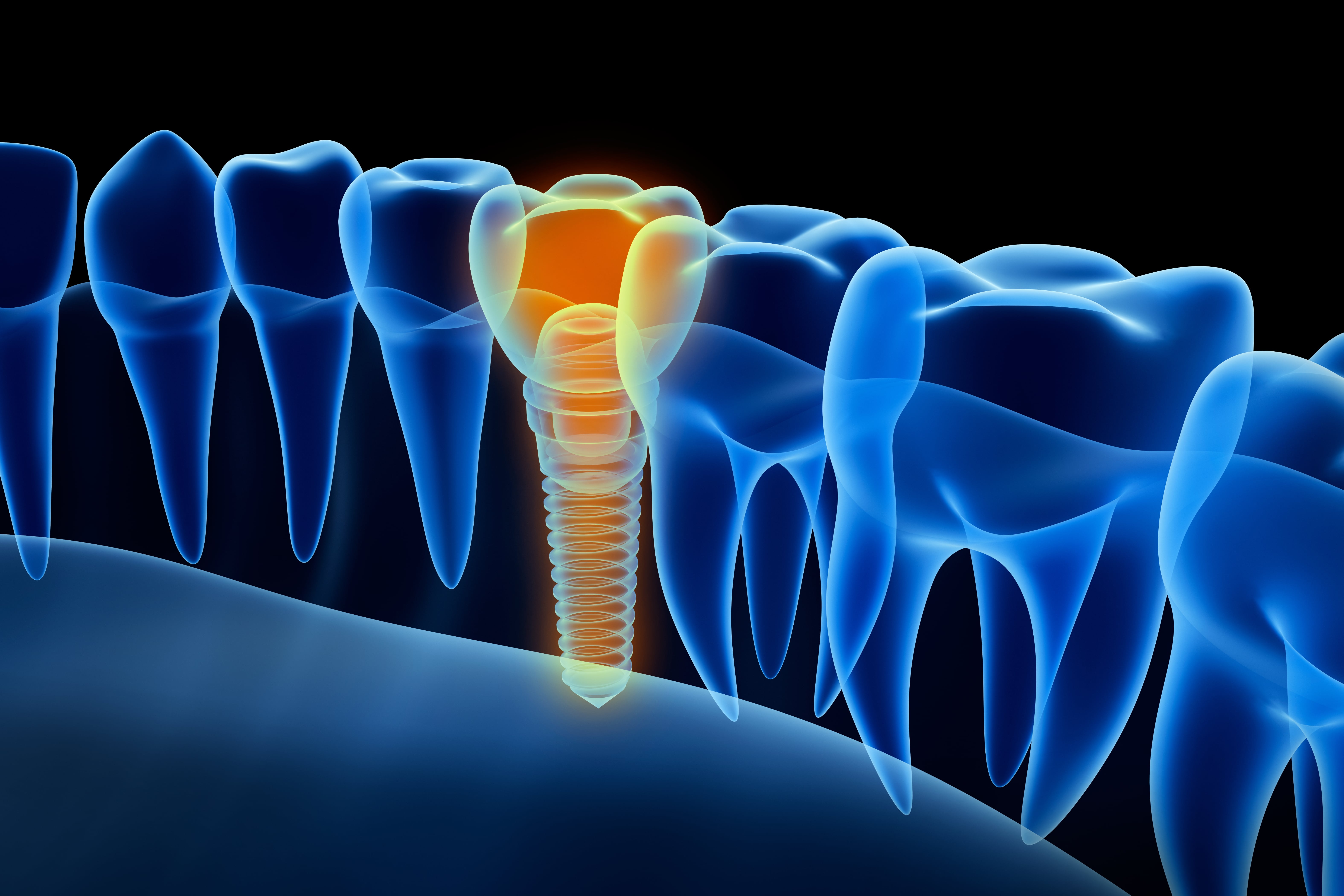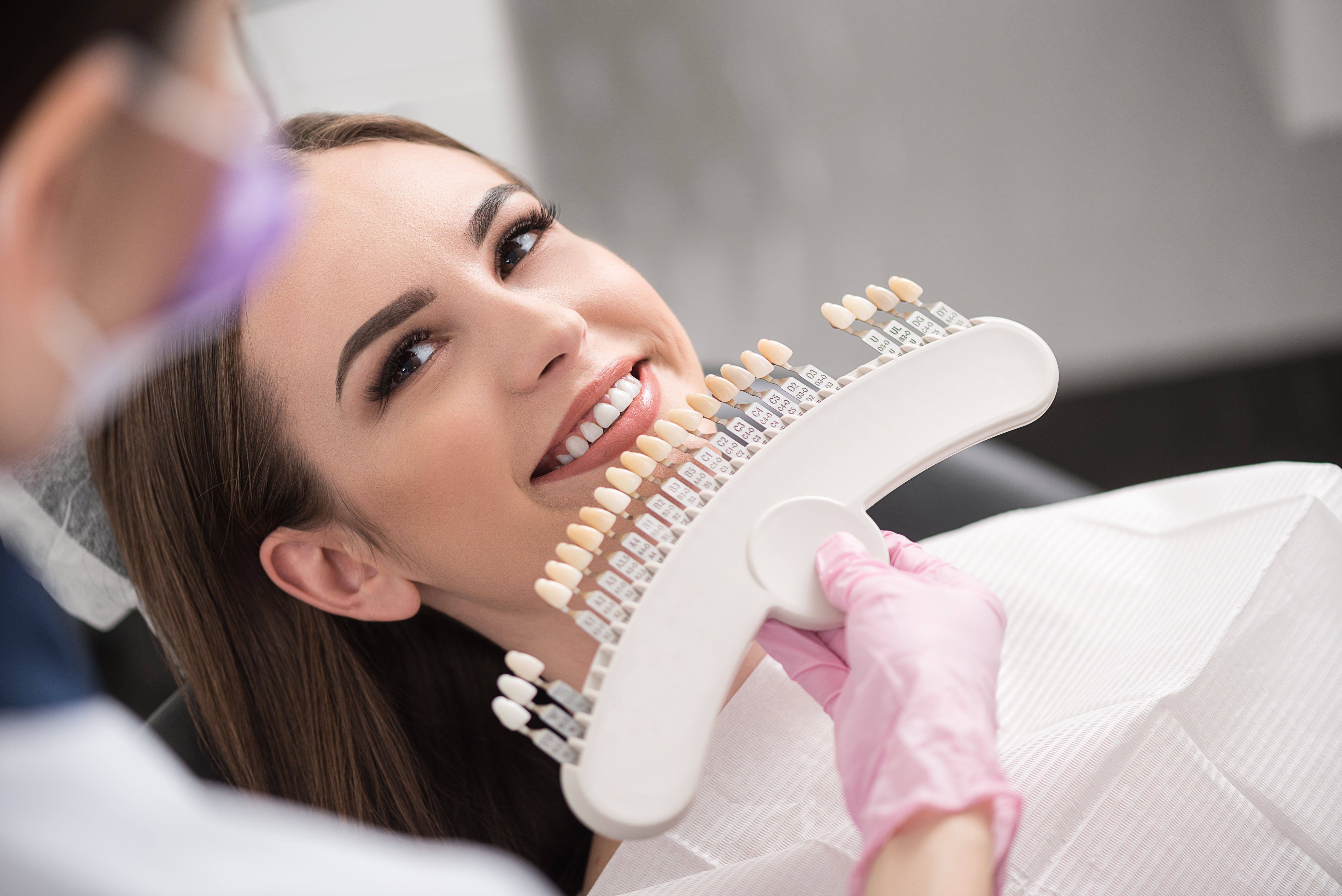How Long Does Dental Implant Treatment Take?
What’s involved with dental implant treatment? How long does the whole process take? Let’s take a look at dental implants in a bit more detail below.
There is no doubt that dental implants have taken the world by storm. Thanks to the natural way they permanently remain intact, why doesn’t everyone consider it for filling missing gaps?
Unanswered questions, like how long does dental implant treatment take, can prevent individuals from indulging this option. However, this should not be a problem for long, because this article answers several important questions you might have.
In fact, this quick guide covers the following questions:
- How long does dental implant treatment take?
- Can everyone get dental implants?
- What does a dental implant consist of?
- How long does an implant last?
- Is it really so expensive?
The Treatment Time
When it comes to establishing the treatment time for dental implants, the typical answer is a few months. This is because different elements influence how long treatment is ultimately going to take.
For example, how many implants need to be placed? Or will new mini-implants be used, which are quicker than conventional implants?
Remember that there is a healing process involved after the titanium screw has been placed. And only if the healing process goes well can the procedure be finalised. Overall, a few months seems to be the safest answer.
Most People Qualify For Dental Implants
In most cases, it should not be a problem to qualify for dental implants. Unfortunately, some individuals can face certain complications. These complications might hinder the treatment time.
A good example of this is when bone grafting is necessary. Given that missing teeth eventually lead to bone-density loss in the jaw, it makes it harder to get an implant. This is also why dentists recommend acting quickly once a tooth goes missing.
Then there is the matter of gum health. It is very important that the patient receiving the implants does it with healthy gums.
The Basics Of A Dental Implant
Many people wonder how dental implants work. In basic terms, a titanium screw gets placed underneath the gumline. The purpose of the screw is two-fold.
Firstly, it needs to fuse with the jawbone to make it permanent. Secondly, it serves as a platform for the crown that needs to be placed.
Of course, the procedure for the dentist is much more complicated. However, if there is anything important to take note of, the dentist or cosmetic surgeon will be more than happy to assist.
It Is Permanent
Another common question is how long you can enjoy your implants once they are placed? The reality is that implants last for years and years. The titanium screw is perfectly safe and does not cause any problems down the line.
The crown itself can be filled and fixed like the rest of your teeth. In fact, the crown can even be replaced as the screw stays in place.
In terms of looking for a permanent solution, it does not get more permanent than dental implants. They are natural, convenient, and nobody will be able to tell the difference.
Dental Implants Are Not As Expensive As People Think
It is common for people to associate dental implants with high costs. However, the truth is that implants are cost-effective in the long run.
Coming back to the point of losing bone-density when the root of the tooth is missing, it transforms the jawbone over time. And if you are using dentures, you will constantly have to get them adjusted.
With implants, the initial treatment will also be the final treatment. The maintenance is based on simply practising good oral health. Brush and floss regularly, keep to those annual checkups with your dentist, and basically enjoy your implants for life.
If you need to visit a dentist for advice on dental implants or any type of dental procedure, then look no further than Gardens Dental.
Gardens Dental offers a full array of dental services in Taylors Lakes and Caroline Springs to help you and your family maintain healthy teeth.
To learn more about our services or make an appointment, please contact us today on (03) 9449 2626 or through our website.

